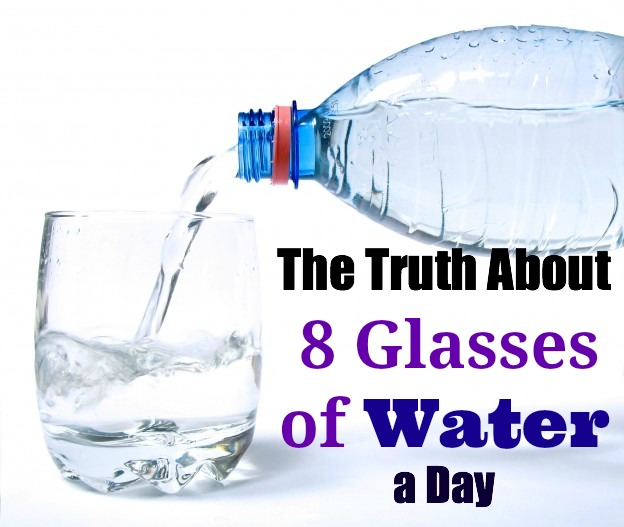We have all heard the idea of drinking at least eight cups of water per day but this notion is misleading. This suggestion first surfaced in the 1940s, and lately it’s been widely supported by water companies. Glasgow doctor Margaret McCartney stated (in the medical journal BMJ) that this guideline is linked to Danone, which owns Evian, Volvic and Badoit.
Berkey BK4X2-BB Big Berkey Filtration System with 2 Black Filters and 2 Fluoride Filters
“When you think about the way that the body handles water, you pee it out. The body regulates water very carefully and doesn’t allow it to accumulate. Extra water is immediately excreted,” says Dr. Stanley Goldfarb, a professor and an expert on fluid intake at University of Pennsylvania. Additionally, he says: “When you get thirsty, the deficit of water in your body is trivial — it’s a very sensitive gauge. It might be only a one percent reduction in your overall water. It just requires drinking some fluid.”
The Truth About 8 Glasses of Water a Day
Certainly water is a healing source, which normalizes the work of the gastro-intestinal tract and improves metabolism which burns fat. However, drinking much more than required by our body can put pressure on the kidneys. Researchers have proved, that excessive drinking of water can lead to a electrolytic imbalance in the human body and even lead to death.
The bottom line here – drink as much water as needed to quench your thirst. As being over-hydrated can lead to some health problems as well. In General, it’s somewhat problematic to calculate the required amount of water for a person. There are many factors that determine our daily water requirements such as humidity and temperature of the environment, the quantity and composition of food, the work load, individual characteristics…. There is no established formula to determine the required amount of water for an individual.
Berkey BK4X2-BB Big Berkey Filtration System with 2 Black Filters and 2 Fluoride Filters
